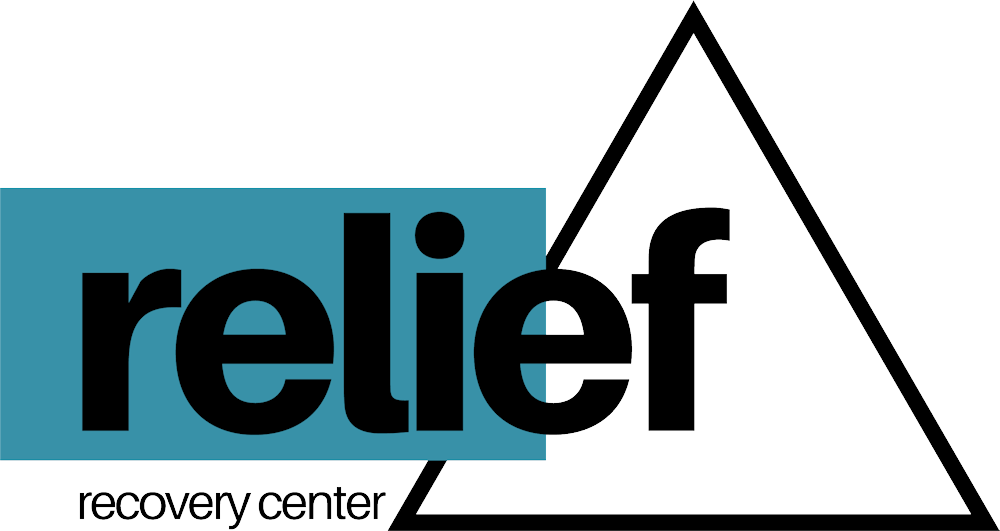Substance abuse is a pervasive issue that affects millions worldwide. While the journey to recovery can be challenging, the right treatment program can make a significant difference. Outpatient substance abuse treatment, offered by centers like Relief Recovery Center, has emerged as a flexible and supportive option for those seeking to overcome addiction while maintaining their daily responsibilities.
Understanding Outpatient Substance Abuse Treatment
Outpatient treatment programs, such as those at Relief Recovery Center, provide therapeutic services and support for individuals battling substance abuse without requiring an overnight stay. This model caters to those who have personal, professional, or educational commitments but still require professional help to overcome addiction.
The Flexibility of Outpatient Treatment
One of the primary advantages of outpatient treatment is its flexibility. Participants can schedule therapy sessions around their existing commitments, ensuring they do not have to put their life on hold. This aspect is particularly beneficial for individuals who need to continue working, attending school, or caring for family members while receiving treatment.
Comprehensive Support Systems
Outpatient programs like Relief Recovery Center’s provide a comprehensive support system that extends beyond individual therapy sessions. This includes group therapy, family counseling, and access to community resources, helping individuals build a supportive network crucial for long-term recovery.
Tailored Treatment Plans
At Relief Recovery Center, treatment plans are tailored to meet the unique needs of each individual. This personalized approach ensures that the specific issues and challenges each person faces are addressed, making the treatment more effective and increasing the chances of success.
Maintaining Daily Life and Responsibilities
Outpatient treatment allows individuals to maintain their daily life and responsibilities, which can be crucial for long-term recovery. Staying engaged with work, school, or family activities can provide a sense of normalcy and purpose, essential for individuals working towards sobriety.
Gradual Transition to Normal Life
Outpatient programs offer a gradual transition back to everyday life, which can be less overwhelming than jumping straight from an inpatient program. This gradual transition helps individuals learn to cope with real-world challenges while still under the guidance of a treatment team.
Cost-Effectiveness
Outpatient treatment is often more cost-effective than inpatient programs. Since there is no need for overnight stays, the overall cost can be significantly lower, making it a more accessible option for many individuals seeking help.
Continuous Care and Relapse Prevention
Relief Recovery Center’s outpatient programs focus on continuous care and relapse prevention. Through ongoing therapy and support, individuals learn coping strategies and techniques to deal with potential triggers, reducing the risk of relapse.
Access to Multiple Therapies and Treatments
Outpatient treatment offers access to various therapies, including cognitive-behavioral therapy, dialectical behavior therapy, and group therapy. These therapies are designed to help individuals understand the root causes of their addiction, develop healthy coping mechanisms, and build strong, supportive relationships.
Encouragement of Family Involvement
Family involvement is an integral part of the recovery process. Outpatient programs encourage family participation in therapy sessions, which can improve communication, heal relationships, and provide additional support for the individual in recovery.
Building a Foundation for Long-Term Recovery
Ultimately, outpatient substance abuse treatment aims to build a solid foundation for long-term recovery. By providing flexibility, support, and personalized care, programs like those at Relief Recovery Center empower individuals to take control of their lives and embark on the path to sobriety.
For more information on outpatient treatment options and how they can help you or a loved one, visit Relief Recovery Center’s Outpatient Program page.
For additional resources, use the following:
- Substance Abuse and Mental Health Services Administration (SAMHSA): SAMHSA provides various resources, including the Evidence-Based Practices Resource Center, which offers tools and information to incorporate evidence-based practices into communities or clinical settings. This can be a valuable resource for individuals looking for treatment options and best practices in recovery (www.samhsa.gov).
- National Institute on Alcohol Abuse and Alcoholism (NIAAA): This institute offers a guide to help patients connect with alcohol treatment and mutual support groups that suit their needs. It discusses different types of support groups and approaches to treatment that can be tailored to individual preferences (www.niaaa.nih.gov).
Conclusion
Outpatient substance abuse treatment offers a path to recovery that balances treatment with daily life, making it an excellent option for many. With its flexibility, comprehensive support, and tailored treatment plans, individuals are equipped with the tools and resources needed for successful recovery. If you or someone you know is struggling with substance abuse, consider the outpatient treatment programs available at Relief Recovery Center. Start your journey to recovery today and reclaim your life from addiction.



